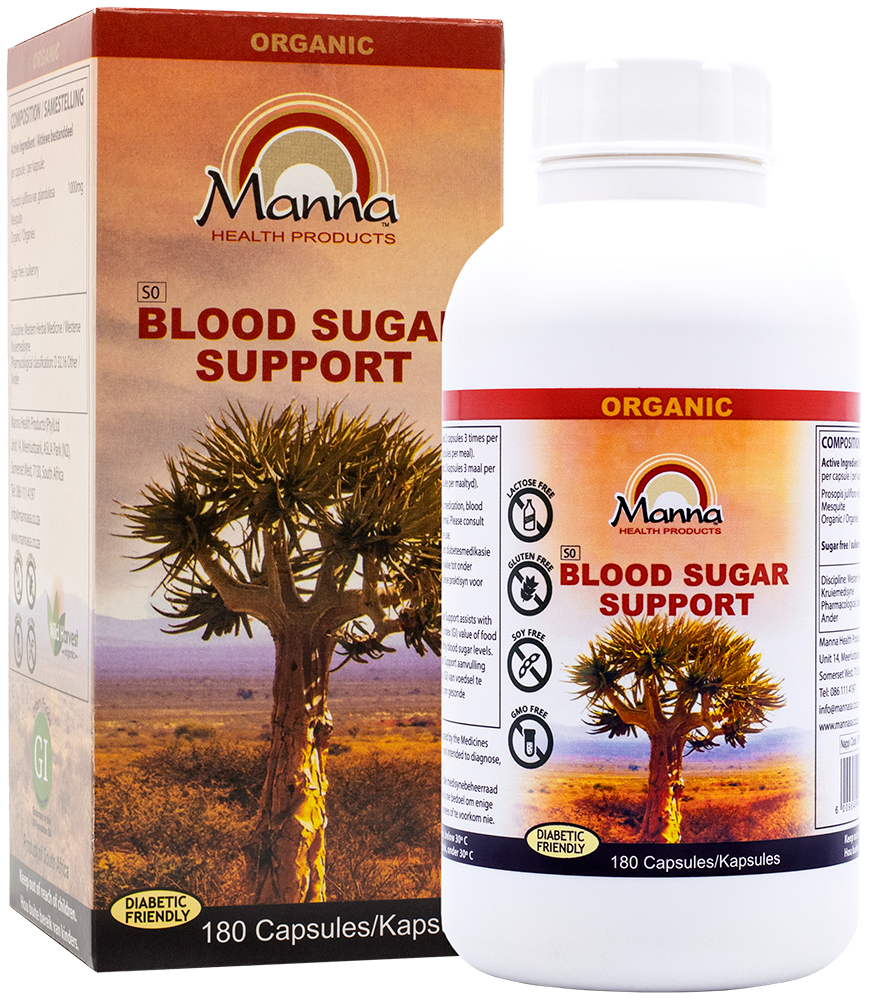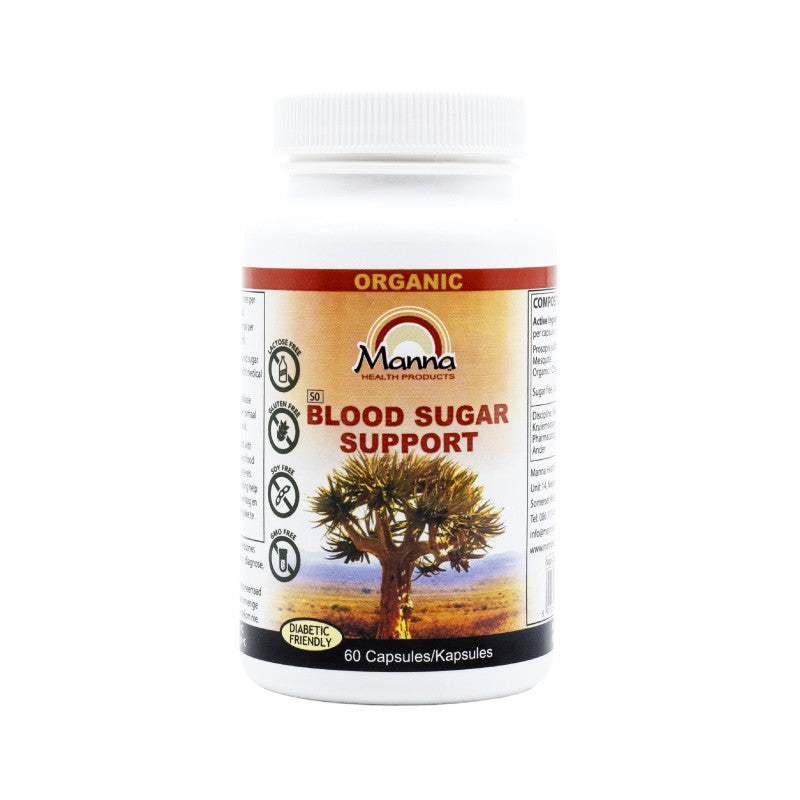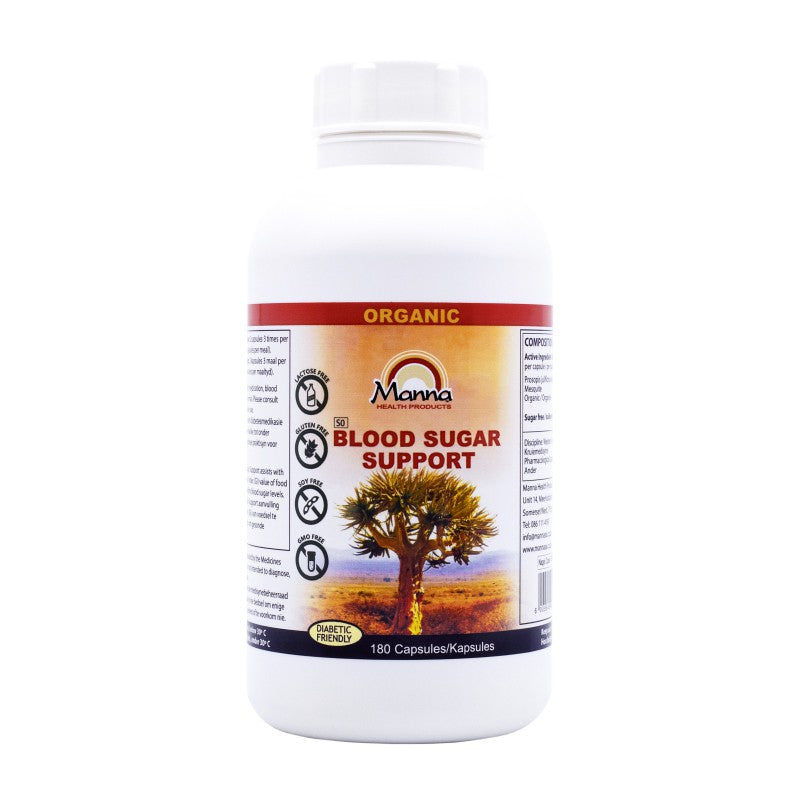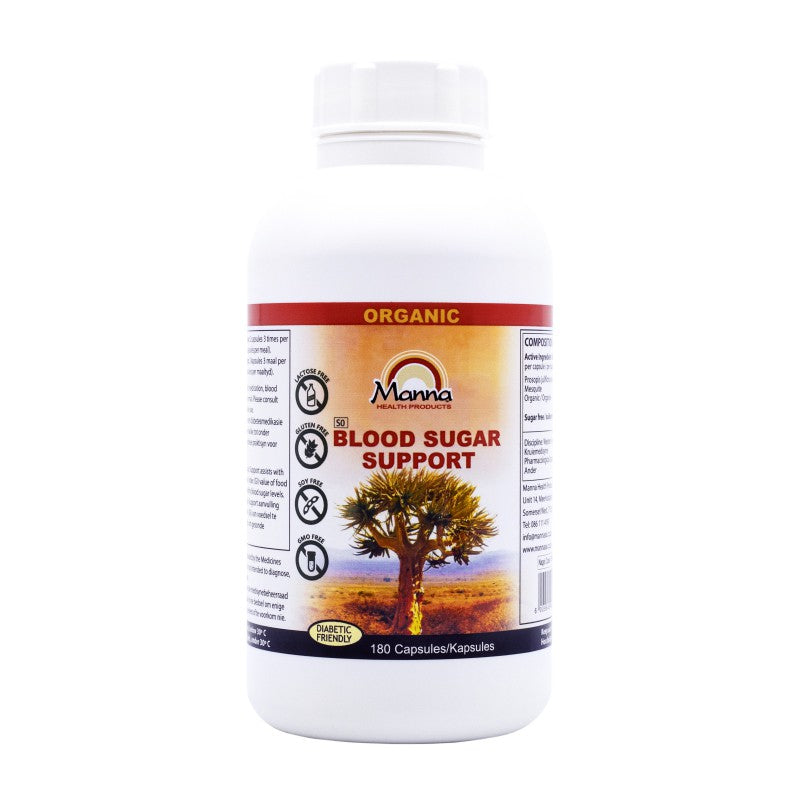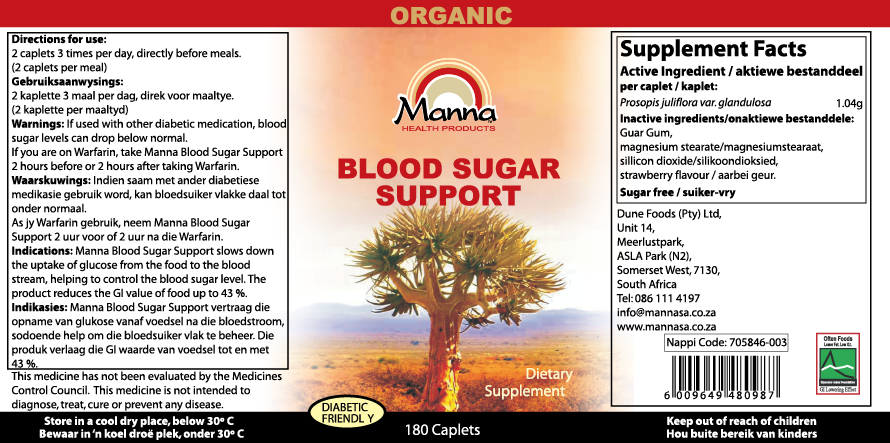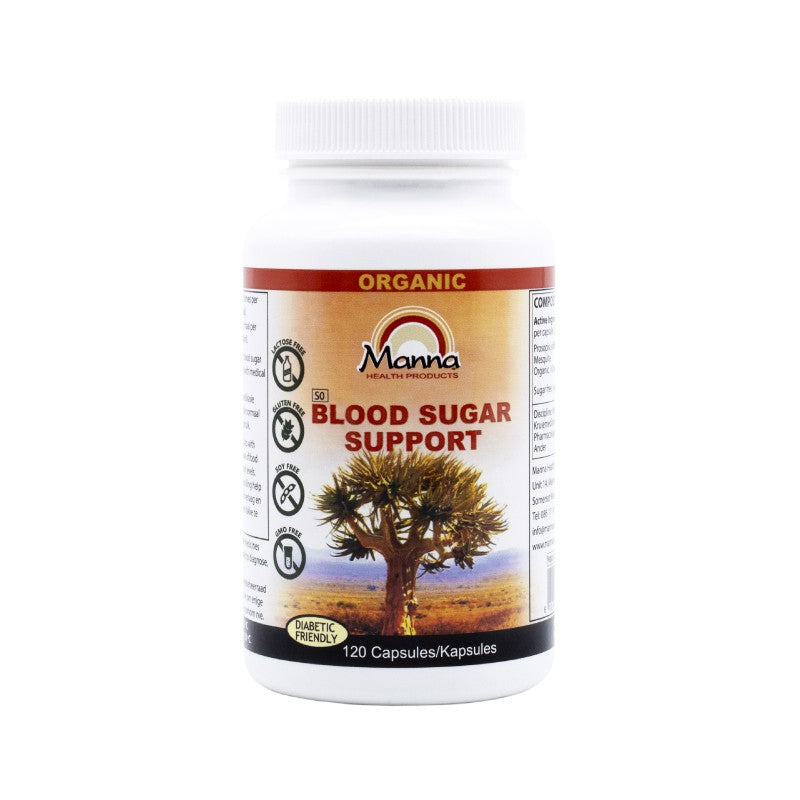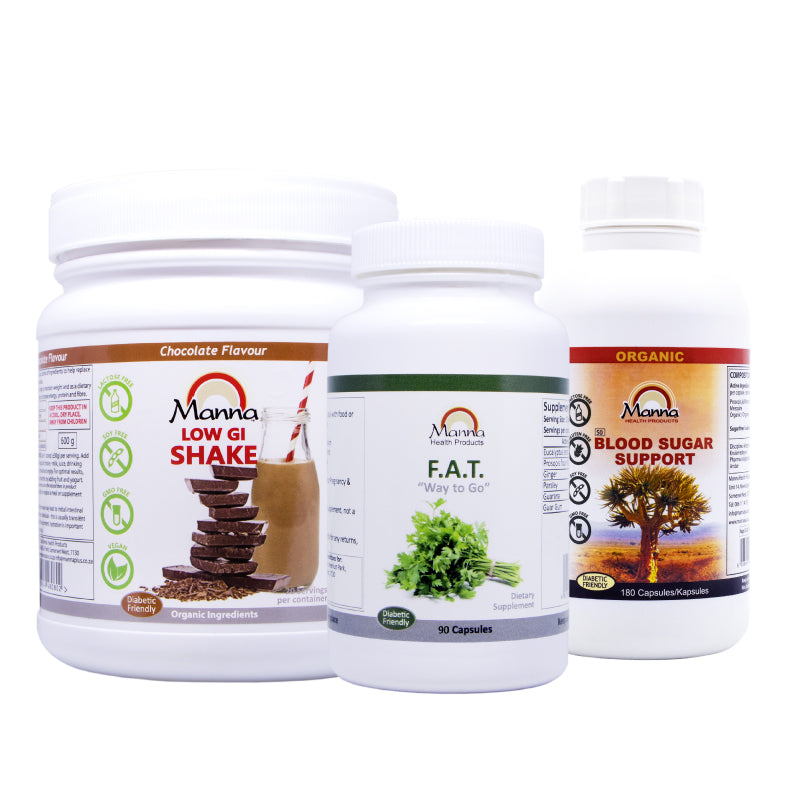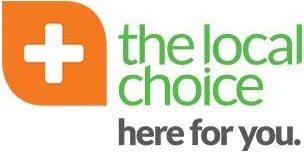In a perfect world, we’d get all the nutrients we need from food alone. But let’s be honest, most of us don’t eat a perfectly balanced diet every day. That’s where supplements come in!
What Is a Supplement?
A supplement is exactly what it sounds like—something that “supplements” your diet. It’s an additional source of nutrients that your body might not be getting enough of through food alone. Supplements come in many forms, including vitamins, minerals, herbal extracts, and even probiotics.
While supplements aren’t meant to replace healthy eating, they can help fill nutritional gaps and support overall well-being, especially in cases where certain health conditions or lifestyle factors make it harder to get enough essential nutrients.
Why Supplements Can Be Helpful (and Sometimes Necessary)
Chronic Health Conditions
If you have diabetes, digestive issues, or hormone imbalances, your body may not absorb nutrients properly—or you may need higher amounts of specific vitamins and minerals to stay healthy.
Diet Isn’t Perfect
Let’s be real—not everyone eats five or more servings of veggies daily or gets enough omega-3s, fiber, or magnesium. Supplements help cover the gaps where diet falls short.
Age-Related Changes
As we age (especially past 40), our bodies absorb fewer nutrients like B12, vitamin D, and calcium. Supplements can help maintain strength, energy, and immunity.
Medications Can Deplete Nutrients
Common medications—like those for blood pressure, diabetes, or acid reflux—can lower key vitamin and mineral levels. Supplements help replenish what’s lost.
Digestive Issues
If you struggle with IBS, ulcers, gastritis, or have had surgery (like a hysterectomy or gallbladder removal), your gut may not break down food and absorb nutrients efficiently. Supplements can support better nutrient intake.
Lifestyle Factors
Stress, poor sleep, lack of sun (hello, vitamin D!), or high physical activity can increase your need for specific nutrients. Supplements can help keep your body balanced.
Answering Your Biggest Supplement Questions:
1. Are supplements safe to take with my chronic medication?
Most supplements are safe, but some can interact with medications. Always check with your healthcare provider before starting a new supplement, especially if you take chronic medication.
2. Can I take more than one supplement at the same time?
Yes, but some nutrients work best together while others can compete for absorption. It’s best to space out supplements and consult a health professional to ensure they complement each other.
3. How do I know if a supplement is working or causing harm?
Look for positive changes in energy, digestion, sleep, or symptoms related to the deficiency you’re addressing. However, if you experience headaches, stomach upset, or unusual symptoms, stop taking it and consult a professional.
4. Are natural supplements really safer than pharmaceutical drugs?
Not necessarily. “Natural” doesn’t always mean safer. Some herbal supplements can interact with medications, so always research and choose high-quality, tested products.
5. Can supplements cause side effects or allergic reactions?
Yes. Some people may experience mild digestive issues, headaches, or allergic reactions. Always start with a low dose and watch for any side effects.
6. How do I choose a safe and reliable brand of supplements?
Look for reputable brands that use third-party testing, avoid unnecessary fillers, and are transparent about ingredient sourcing.
7. Do I need to take supplements if I already eat healthy?
It depends! Even with a healthy diet, factors like soil depletion, lifestyle, and aging can affect nutrient absorption. Most people still benefit from targeted supplementation.
8. Can I overdose on vitamins or minerals?
Yes! Fat-soluble vitamins (A, D, E, K) and certain minerals can build up in the body and cause toxicity if taken in excess. Stick to recommended dosages.
9. Is it safe to take supplements long-term?
Some supplements are fine for long-term use, while others should only be taken for short periods. A healthcare professional can guide you based on your specific needs.
10. How do I know if a supplement interacts with my medical conditions?
If you have diabetes, high blood pressure, menopause symptoms, or other health conditions, some supplements may affect your condition or medications. Always check with a healthcare provider before adding new supplements to your routine.
Final Thoughts
Supplements can be a powerful tool for filling nutritional gaps and supporting overall health. However, they should always complement—not replace—a healthy diet. If you’re unsure which supplements are right for you, consult a healthcare professional to make informed choices.




